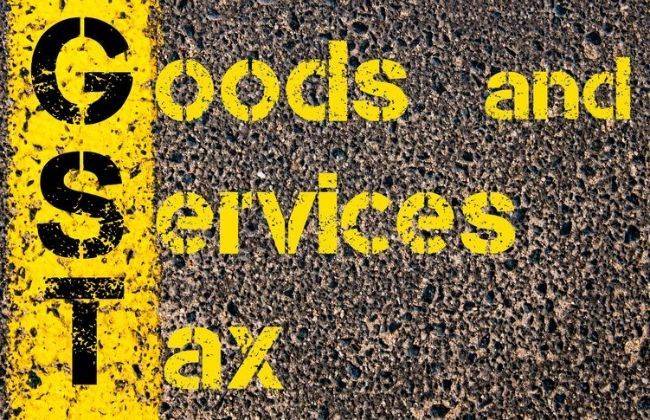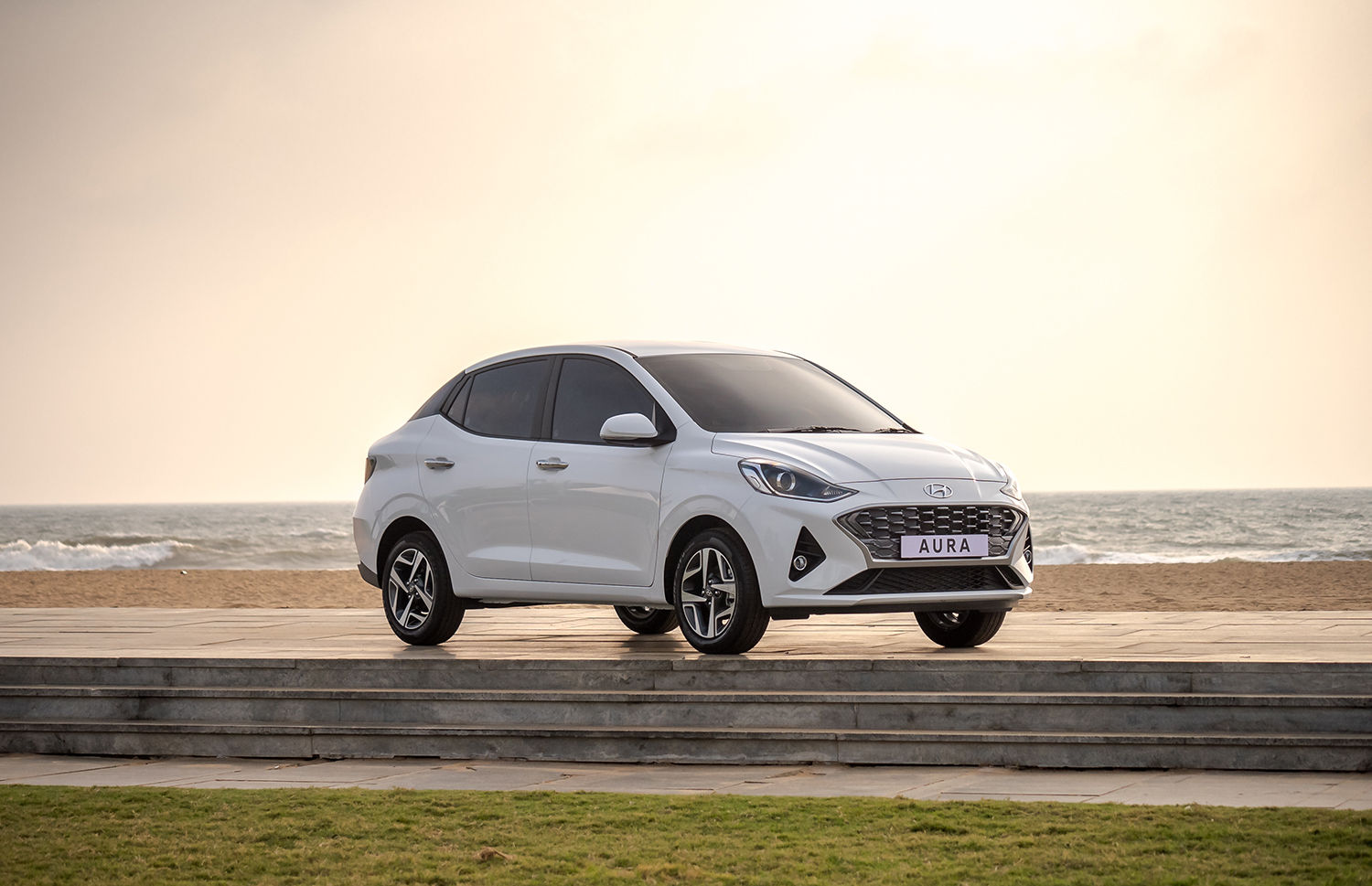Luxury Car Prices Could Go Up, Lok Sabha Approves GST Cess Hike
Modified On Dec 29, 2017 05:48 PM By CarDekho
- Write a comment
The increase in cess is said to help compensate the states for lower revenue post GST implementation
Prices of luxury cars could see another revision for the worse with the Lok Sabha voting in favour of higher cess on luxury cars. Currently, luxury cars attract 20 per cent cess on top of 28 per cent GST and the bill proposes to increase the cess to 25 per cent. A 5 per cent increase in cess would mean that a car like the Mercedes-Benz E-Class, which costs upwards of Rs 50 lakh, will see a hike of over Rs 2.5 lakh. The increased tax levy is expected to compensate the states for the losses they incurred post GST rollout. Presently, the net GST (including cess) on SUV segment is the highest at 50 per cent, followed by luxury cars and mid-size cars at 48 per cent and 45 per cent, respectively.
| GST Rates as of 31 December, 2017 |
||||
| Base |
Cess |
Net |
||
| Small cars |
Petrol |
28.00% |
1.00% |
29.00% |
| Diesel |
28.00% |
3.00% |
31.00% |
|
| Mid-size cars |
28.00% |
17.00% |
45.00% |
|
| Luxury cars |
28.00% |
20.00% |
48.00% |
|
| SUVs |
28.00% |
22.00% |
50.00% |
|
| Hybrids |
28.00% |
15.00% |
43.00% |
|
| Electric |
12% |
0.00% |
12% |
|
By definition, that would include any car that is longer than four metres and with an engine displacing more than 1.5-litre. If the new bill is implemented, it will once again bring instability in the higher end of the auto sector as it makes it difficult for carmakers to predict the Government's position before committing to long-term investments. There have been no discussions about SUVs, which currently fall under the highest tax slab of 50 per cent. The bill is yet to go through the upper house, where it could be modified to satisfy the state governments, automakers and consumers.
It's extremely difficult for the GST to live up to the Government's promises of bringing about a uniform tax structure without making goods significantly expensive or cheaper. In the pre-GST era, most states had higher local taxes and compensating for those losses after the implementation of GST will mean making the cars expensive. Because of a uniform tax structure, increasing taxes to satisfy a few states will mean hiking it for the entire country. In that case, buyers in states like Delhi and Haryana will end up paying considerably more than what they used to for the same car before GST.

On the bright side, there have been no revisions in the GST rates of small and electric cars, making it a safe segment for carmakers to devise long-term strategies and plan investments in. If anything, there have been discussions to make electric vehicles more affordable to help achieve the ambitious goal of all-electric mobility by 2030. In fact, Society of Indian Automobile Manufacturers (SIAM) recently recommended dropping GST on electric cars from 12 per cent to 5 per cent to speed up EV adoption.
Major automakers are subsequently acting quickly. For instance, Suzuki is setting up a battery plant in India to help contain the overall cost of an EV. Suzuki and Toyota have also teamed up to make affordable electric vehicles with a driving range comparable to that of a petrol car. Additionally, Mahindra plans to have three performance-oriented electric vehicles with a maximum range of up to 350km. Mahindra has also teamed up with Ford to collaborate on EV technology and services. Tata Motors is already making the Tigor electric for EESL, and we're looking forward to seeing that car in showrooms soon. Honda too is reportedly considering to set up a battery plant in the country for EVs. Like it or not, it's time for the buyers and manufacturers to prepare for the electric car revolution.
















